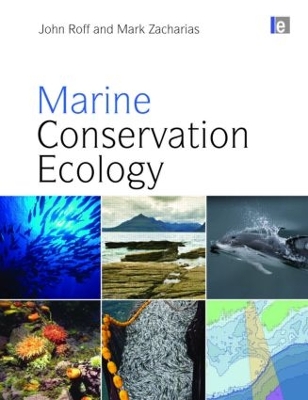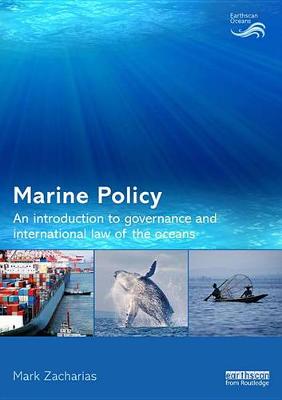Earthscan Oceans
2 total works
This major textbook provides a broad coverage of the ecological foundations of marine conservation, including the rationale, importance and practicalities of various approaches to marine conservation and management. The scope of the book encompasses an understanding of the elements of marine biodiversity - from global to local levels - threats to marine biodiversity, and the structure and function of marine environments as related to conservation issues.
The authors describe the potential approaches, initiatives and various options for conservation, from the genetic to the species, community and ecosystem levels in marine environments. They explore methods for identifying the units of conservation, and the development of defensible frameworks for marine conservation. They describe planning of ecologically integrated conservation strategies, including decision-making on size, boundaries, numbers and connectivity of protected area networks. The book also addresses relationships between fisheries and biodiversity, novel methods for conservation planning in the coastal zone and the evaluation of conservation initiatives.
It starts with a biophysical overview of the structure and function of the marine environment with a particular emphasis on the challenges and opportunities of managing the marine environment. An overview of the creation and function of international law is then provided with a focus on international marine law. It explores the geographic and jurisdictional dimensions of marine policy, as well the current and anticipated challenges facing marine systems, including climate change-related impacts and resource over-exploitation. The book should appeal to senior undergraduate and graduate students and form a core part of the curriculum for marine affairs, science and policy courses. It will also provide supplementary reading for students taking a course in the law of the oceans, but is not aimed at legal specialists.

